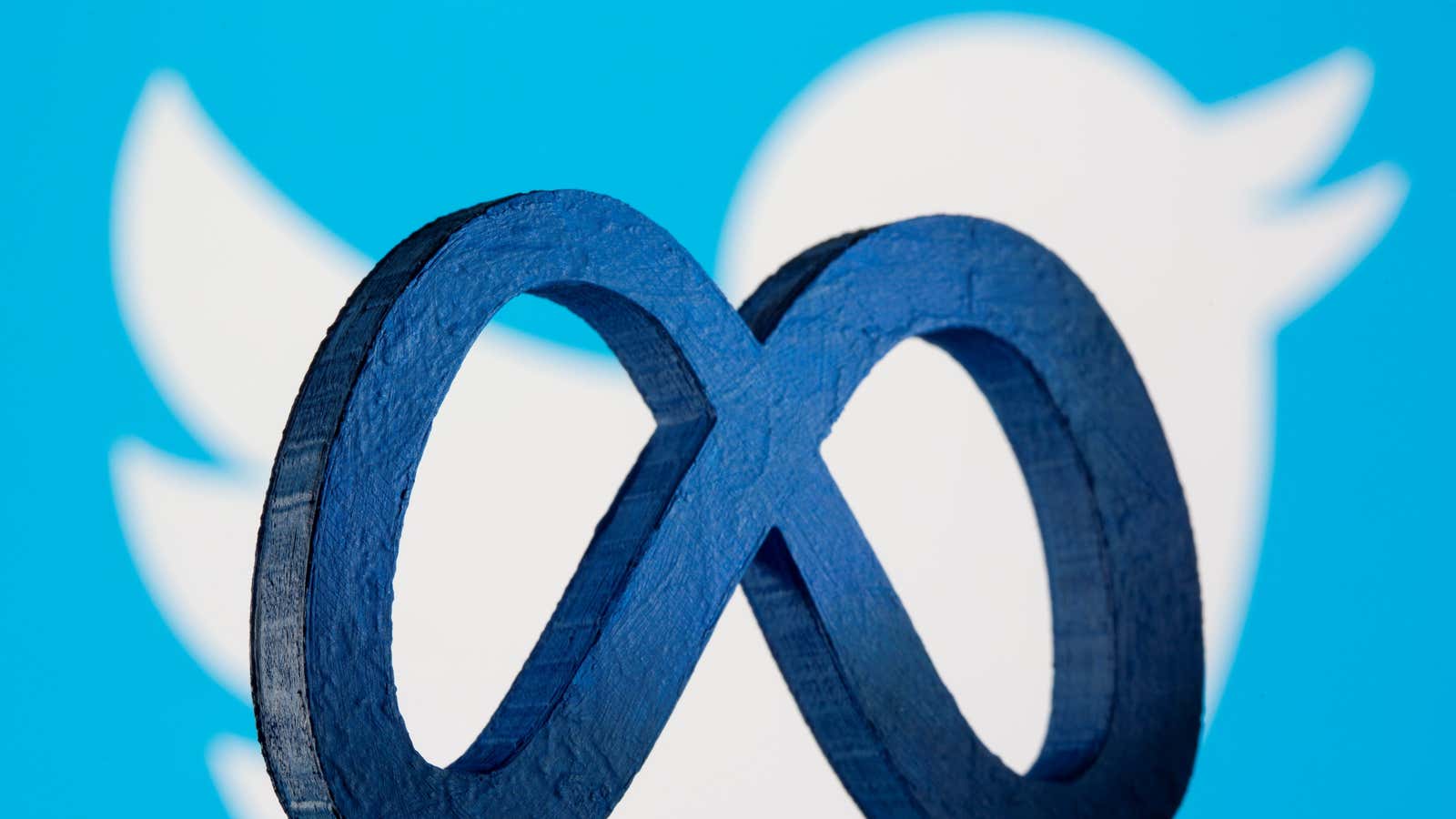In 2021, the Indian government published the Information Technology (Intermediary Guidelines and Digital Media Ethics Code) Rules, filled with tall asks from social media companies. More than a year on, in its proposed amendments (pdf), it’s angling for a tighter hold on these platforms.
Among other things, the ministry of electronics and information technology (Meity) wants to form a grievance appellate committee (GAC) to oversee grievance redressal officers at social media companies. Most worryingly, it wants to give this committee the veto power to reverse content moderation decisions of social media firms.
US-based lobby groups like India Business Council (USIBC) and US-India Strategic Partnership Forum (USISPF) have raised concerns internally over such a panel. How could they act independently if the government controls its formation, they ask. Never mind that the idea is neither constitutionally sound nor scalable, it would be an impediment to even daily operations, the biggest tech companies say.
“The proposed amendments to the IT Rules would negate the government’s commitment to ease of doing business and continuity in business operations for all intermediaries that have made significant investments in the country in regard to technology, workforce, and other resources,” the Asia Internet Coalition (AIC) has said writing to (pdf) Meity on July 6.
As its most pressing ask, the coalition representing global firms, including Facebook-owner Meta, Google, and Twitter, has urged New Delhi to allow the industry to “adopt a self-regulatory grievance redressal mechanism as an alternative to the GAC since it will introduce much-needed industry expertise into the process.”
It will “enable businesses to adopt best practices and ensure long-term solutions by identifying trends and gaps,” the 12-year-old industry association said, requesting a period of at least six months to implement such a mechanism.
There are other grievances, too.
Social media giants demand more changes to the IT rules
The AIC has sought relaxation, alongside clarification on various fronts:
- Rather than policing intermediaries, it may be more beneficial to impose mandates prohibiting the dissemination of certain types of content on the user itself.
- The 24-hour deadlines to acknowledge requests to block or suspend a user, or remove information should only apply to services that have demonstrated a propensity for virality.
- Clearly outline obligations under the rules, what amounts to a non-observance, under what circumstances will an intermediary lose its exemptions from liability provided under section 79 of the law, and what are the circumstances and procedure for criminal proceedings against employees.
- Define broad terms such as decency and morality, among others, that can be vague and be open to arbitrary interpretation and carry the potential risk of misuse.
Until all these ambiguities are addressed, the amendments “will only add to the existing compliance burden for intermediaries,” AIC has reasoned.
